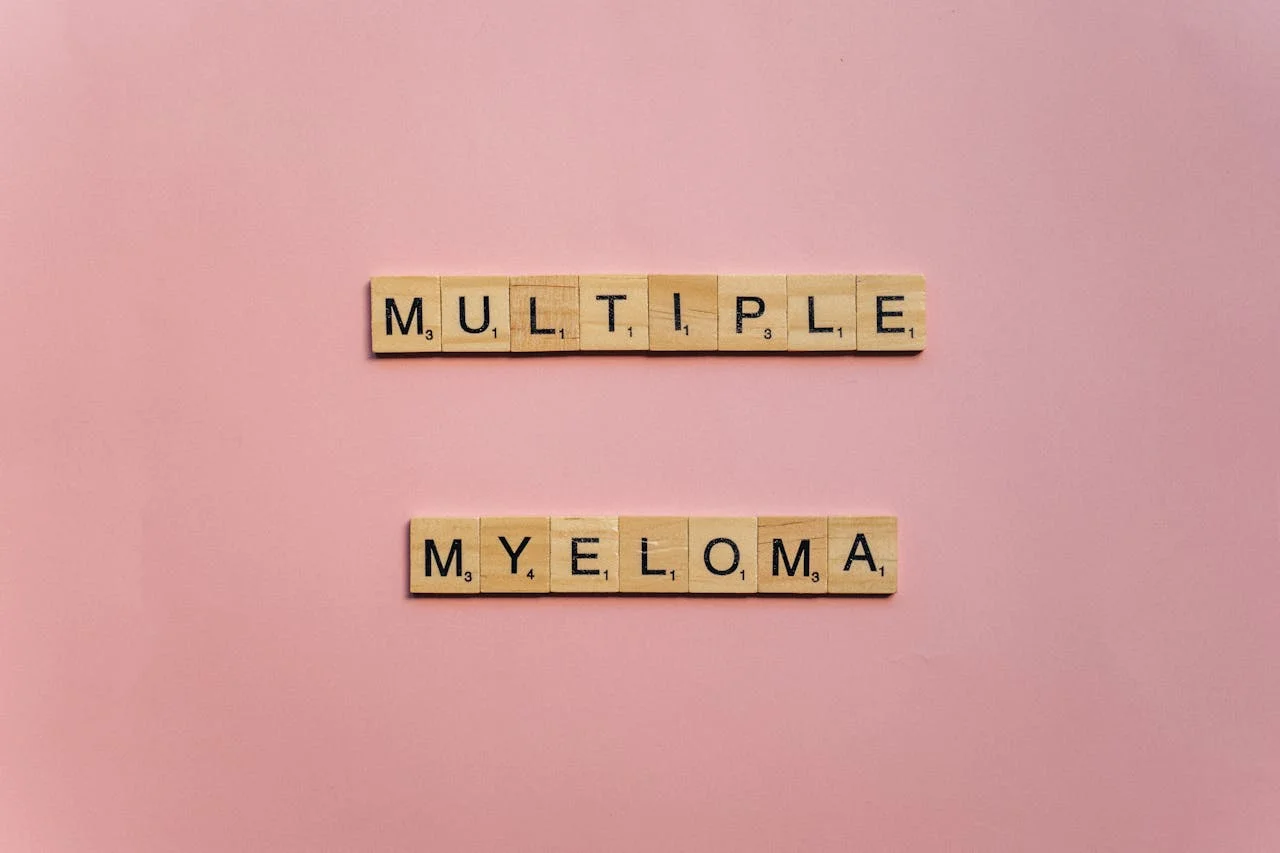
The U.S. Food and Drug Administration (FDA) has accepted the supplemental Biologics License Application (sBLA) for Sarclisa (isatuximab) for Priority Review. The application is for the investigational use of Sarclisa combined with bortezomib, lenalidomide, and dexamethasone (VRd) to treat transplant-ineligible newly diagnosed multiple myeloma (NDMM). If approved, Sarclisa will be the first anti-CD38 therapy combined with VRd for these patients, marking its third indication for multiple myeloma. The FDA decision is expected by September 27, 2024, and a similar application is under review in the European Union (EU).
Dr. Dietmar Berger, Chief Medical Officer and Global Head of Development at Sanofi, highlighted the significant unmet need for new frontline therapies for transplant-ineligible patients, noting that the FDA’s Priority Review designation underscores confidence in Sarclisa’s potential as a best-in-class treatment for this challenging cancer.
The sBLA and EU submission are based on positive results from the phase 3 IMROZ clinical study. This study showed that Sarclisa combined with VRd significantly improved progression-free survival (PFS) compared to VRd alone in transplant-ineligible NDMM patients. The safety profile of Sarclisa in this study was consistent with its established profile.
The IMROZ study, enrolling 446 patients across 21 countries, demonstrated Sarclisa’s superiority in four phase 3 trials when combined with standard treatments. Results from IMROZ will be presented at the 2024 American Society of Clinical Oncology (ASCO) Annual Meeting and the 2024 European Hematology Association (EHA) Annual Congress.
Priority Review is granted to applications that could significantly improve the treatment, diagnosis, or prevention of serious conditions. Sarclisa’s investigational use with VRd for transplant-ineligible NDMM is still under clinical development and has not yet been fully evaluated by regulatory authorities.
Sarclisa, a monoclonal antibody targeting CD38 on multiple myeloma cells, induces antitumor activity through apoptosis and immunomodulation. It is approved in over 50 countries for certain relapsed refractory multiple myeloma (RRMM) cases in combination with other therapies. Sarclisa is also being studied in multiple phase 3 trials for various hematologic malignancies.
Multiple myeloma is the second most common hematologic malignancy, with over 180,000 new cases annually worldwide. Despite treatments, it remains incurable, with a five-year survival rate of 52% for newly diagnosed patients. Most patients will experience relapse or refractory disease, emphasizing the need for new treatment options.





